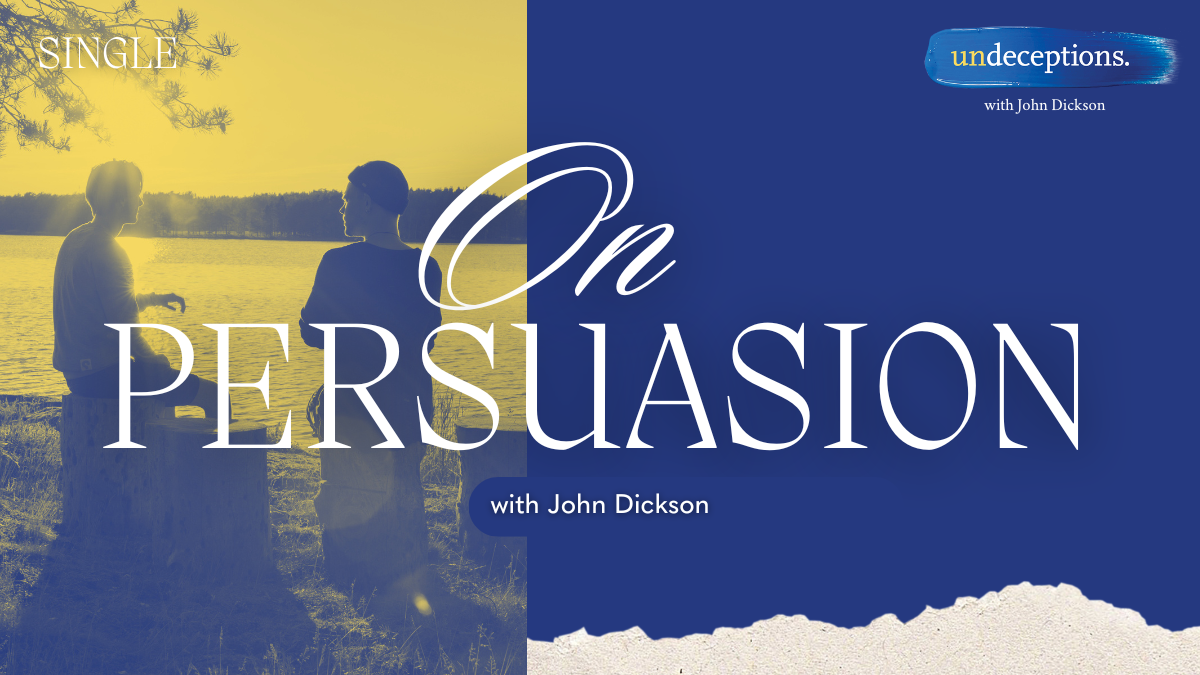I think our society is diminished by not having a shared civic day of rest
Jesus and his band of disciples were once accused of breaking the Sabbath commandment when his entourage picked some grain in a field on a Saturday. According to the interpretation of the Torah offered by the Pharisees, a conservative renewal movement, this picking grain constituted “farm work”. The Pharisees said to him, “Look, why are they doing what is unlawful on the Sabbath?” Then Jesus said to them, “The Sabbath was made for man, not man for the Sabbath. So the Son of Man is Lord even on the Sabbath.” [Mark 2:24-28]
There was a spectrum of views about what constitutes “work” on the Sabbath. Not everyone in Jesus’ day thought picking grain on a Saturday broke the commandment. Just as not every Jew today follows the Orthodox Jewish practice in Israel of not pressing the button on a hotel lift on the Sabbath. Hotel lifts in Israel automatically go up and down to every floor between Friday sundown and Saturday sundown.
It’s fascinating that Jesus didn’t criticise the Pharisees for having too strict a definition of what constituted work. Instead, he says the Pharisees have missed the very point of the Sabbath itself. For him the fourth commandment isn’t so much about humanity’s obligations to God. It’s mainly God’s good gift to humanity. The Sabbath was made for man, he says, not man for the Sabbath. Rest from work was never meant to be a weight around our neck. It was a divine provision for those already weighed down by the toils of the world. That was Jesus’ perspective and it shaped the West.
This reframing of the Sabbath for the trajectory for the more relaxed approach of the wider New Testament teaching on Sabbath keeping. On the one hand there are numerous hints in the New Testament that the first believers kept the Jewish Sabbath, at least in broad terms. The first Christians after all were all Jews. The disciples, for example, rested on the Saturday between Jesus’ crucifixion and the discovery of the empty tomb, (Luke 23). Acts 1 describes a certain distance within the suburbs of Jerusalem as a “Sabbath-day’s walk”, a reference to the short travel distance permissible on the Jewish day of rest. And we also see the Apostle Paul affirming the Christian believer who considers “one day more sacred than another” (Romans 14).
Sabbath is definitely there in the New Testament. But there’s another story. At least two passages make clear that Christian’s shouldn’t judge one another if one of them chose not to keep the day of rest. In Romans 14 Paul defends the believer who sees the Sabbath day as more sacred than other days, but then he immediately defends the Christian who doesn’t. He says:
One person considers one day more sacred than another; another considers every day alike. Each of them should be fully convinced in their own mind. [Romans 14:5]
In another context, Paul explicitly forbids looking down on someone over the issue of Sabbath keeping. In the letter to the Colossians we read:
Therefore do not let anyone judge you by what you eat or drink, or with regard to a religious festival, a new moon celebration, or a Sabbath day. These are a shadow of the things that were to come; the reality, however, is found in Christ. [Colossians 2:16-17]
Sabbath isn’t a moral principle to obey or disobey, it’s God’s wise gift to us. And it’s interesting that Paul describes it as a “shadow of the things that were to come, the reality is in Christ”. The Sabbath, in other words, points forward to something, so, to what? Earlier in the episode, Rabbi Elton mentioned that in the book of Deuteronomy the rationale for the Sabbath is that God had saved His people from slavery in Egypt. It says:
Remember that you were slaves in Egypt and that the Lord your God brought you out from there with a mighty hand and an outstretched arm. Therefore, the Lord your God has commanded you to observe the Sabbath day. [Deuteronomy 5:15]
So rest from work somehow relates to salvation. This is where the Christian tradition picked up a Jewish ball and ran with it. Sabbath in the New Testament is mostly a sign of salvation. Leaving the toil of the working week for a period of joyful relaxation, is a picture of God’s deliverance from sins, from our failed efforts to do God’s work in the world. Now there’s a complex passage in the letter of Hebrews where the writer describes Israel’s deliverance from Egypt and entry into the promised land as “Sabbath rest”. But then he compares this Sabbath with the ultimate Sabbath of entering God’s kingdom:
We who have believed enter that rest … There remains, then, a Sabbath rest for the people of God; for anyone who enters God’s rest also rests from their works, just as God did from His. Let us therefore make every effort to enter that rest. [Hebrews 4:3,9-11a]
The passage is complicated but what I want us to note is that ‘Sabbath’ is a picture of resting in God’s salvation.
Christians have differed among themselves about whether we’re obliged to take a day off every week. Some have been quite strict about it, especially in the British and Australian tradition. It’s easy to forget that the ban on Sunday trading, which came from the Christian ideas about the Sabbath, was only formally lifted in Australia and the UK in the 1990s. Other Christians, especially in Europe, have seen the regular Sabbath rest more as a divine symbol and gift than a moral obligation. For example John Calvin, the great 16th century French Protestant Reformer argued that the Sabbath is first, the picture of salvation, second, for people to go to church (that was Constantine’s idea), and third, the Sabbath is proof that God wants to:
Give a day of rest to servants and those who are under the authority of others, in order that they should have some respite from toil.[Calvin, Institutes of the Christian Religion, II, 8.28]
In other words, bosses might not necessarily have an obligation to take a day off, but they better give those who work for them a chance to rest.
Rest from earthly toil is sacred, and because it’s sacred it’s a potent sign of the heavenly rest God offers each one of us.
I think Calvin was right, theologically, I don’t think we’re obliged to take a day off every week. However, I also think our society is diminished by not having a shared civic day of rest. Either way, one thing is clear to me as I reflect on the teaching of Jesus and the wider New Testament. Rest from earthly toil is sacred, and because it’s sacred it’s a potent sign of the heavenly rest God offers each one of us.
By John Dickson
On Sabbath Rest
Want to hear the rest of the episode?
Check out episode 60: “Resting Well”















































